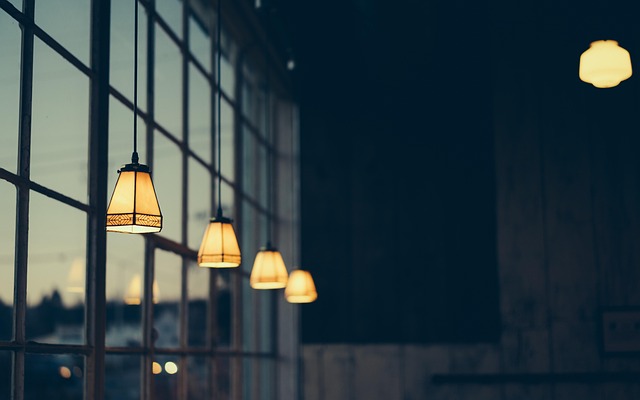In our fast-paced world, where screens dominate our daily lives, the significance of sleep often takes a backseat. However, understanding how certain factors affect our rest can lead us towards healthier lifestyle choices that promote better sleep quality. One of the most influential elements in our modern environment is blue light, which is emitted by our phones, tablets, computers, and even energy-efficient light bulbs.
Blue light plays a critical role in regulating our circadian rhythms. It influences our sleep-wake cycles by affecting the production of melatonin, the hormone responsible for sleep. Exposure to high levels of blue light, especially during the evening, can trick our brains into thinking it’s still daytime, making it challenging to wind down and prepare for sleep. To combat this, individuals with a genuine desire to improve their sleep can adopt a healthier lifestyle that minimizes exposure to this disruptive light.
One of the first steps towards fostering better sleep is to embrace healthier nutrition. Foods rich in tryptophan, such as turkey, nuts, and seeds, can enhance the production of melatonin. Incorporating these foods into your evening meals can create a natural sleep-inducing atmosphere. Additionally, staying hydrated throughout the day and limiting caffeine intake later in the afternoon can further promote restful nights.
Integrating a healthy lifestyle is not solely about what we consume; it also encompasses how we interact with technology. Establishing a routine that limits screen time at least an hour before bed can make a significant impact. Instead of scrolling through your smartphone, consider substituting screen time with activities like reading a book, practicing mindfulness, or engaging in light stretching or meditation. These practices not only reduce blue light exposure but also create a soothing pre-sleep routine that signals to your body it’s time to wind down.
Additionally, optimizing your sleep environment is essential in cultivating a space conducive to rest. Consider using blackout curtains to eliminate any ambient light, or consider using a blue light filter on your devices during the evening hours. Creating a calming atmosphere can greatly support your efforts in achieving more restorative sleep.
Ultimately, understanding the impact of blue light on our sleep can empower us to make thoughtful choices. Embracing a holistic approach with a focus on healthy nutrition, limits on screen exposure, and creating a peaceful sleeping environment can profoundly transform our relationship with rest. As we make these changes, we can unlock the potential for rejuvenating sleep, paving the way for better overall health and well-being.




